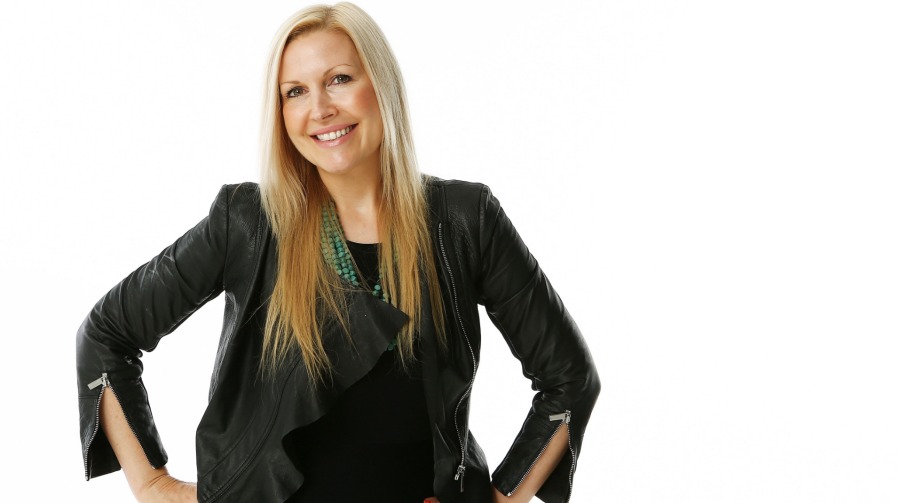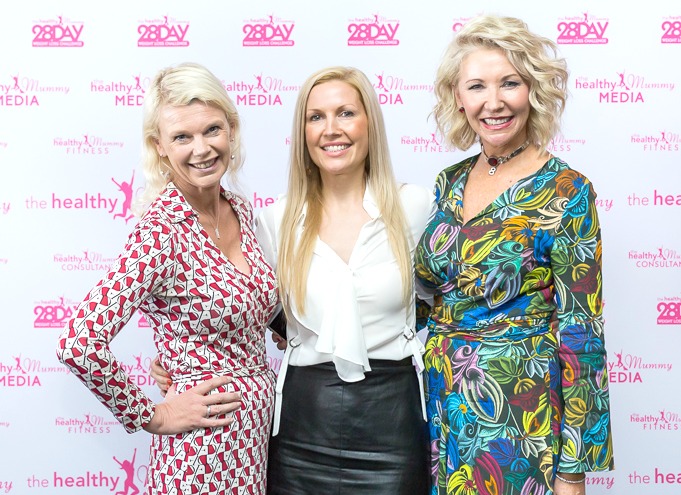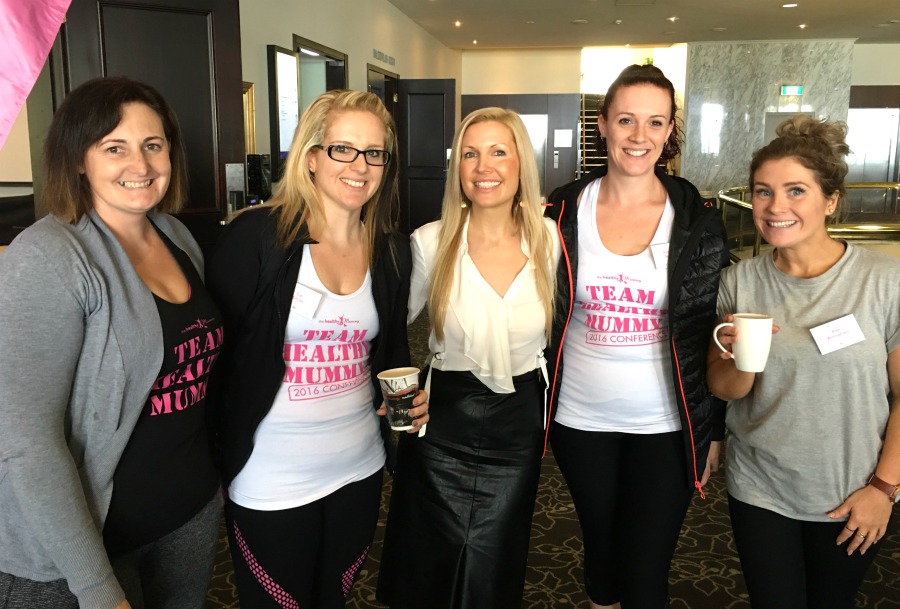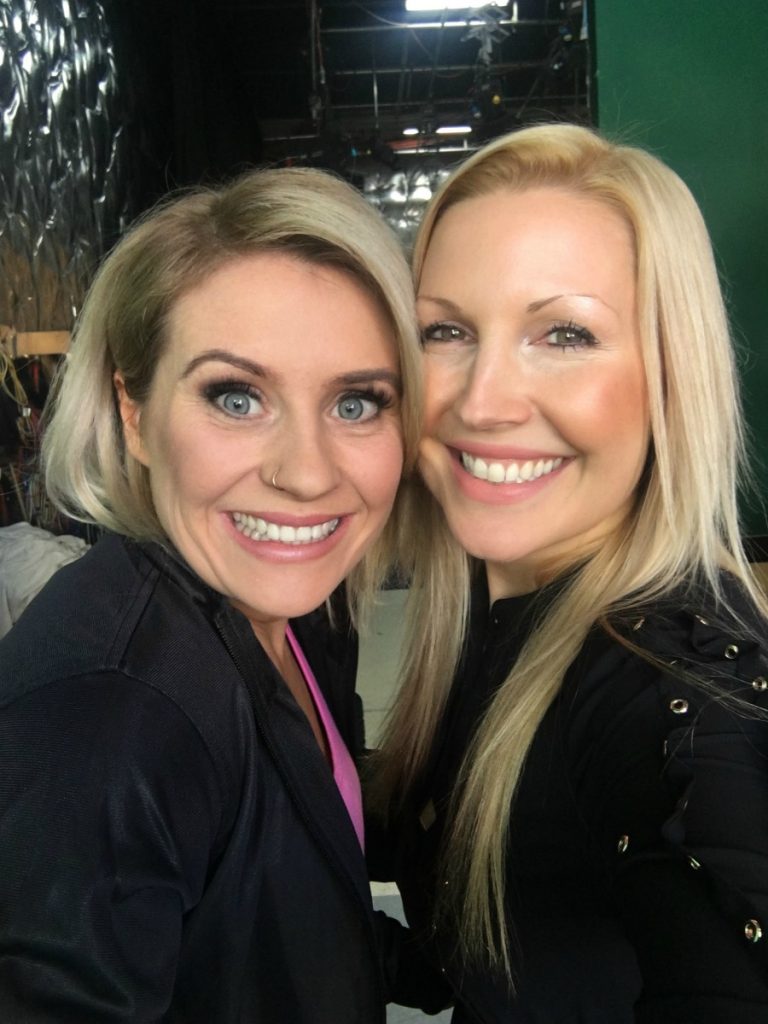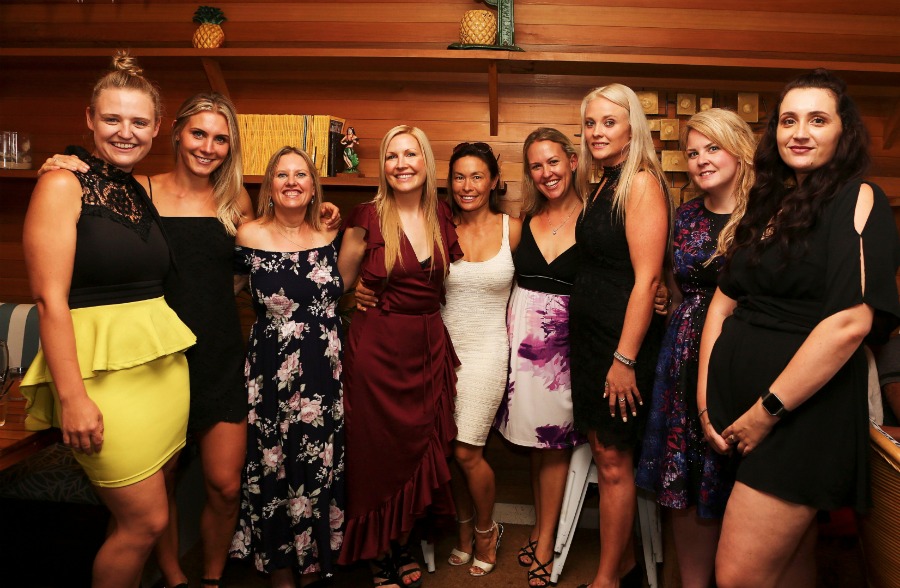I have been an entrepreneur since I launched The Healthy Mummy business in 2010 and I love love love to see other females in this space and it is one of my passions to help drive more females in business.
Female entrepreneurship is on the rise across the globe, according to the Global Entrepreneurship Monitor (GEM) 2016/17 Women’s Report.
The report states that last year, 163 million women started businesses across 74 economies worldwide.
But GEM also reports that women in all but a handful of countries remain less likely than men to start a business. Though the gender gap is rapidly narrowing, it still exists in most of the world, including Australia, where women represent only 34 per cent of entrepreneurs, according to The Sydney Morning Herald.
Even so, things are improving constantly and rapidly in nearly all facets of female entrepreneurship.
In the U.S., for example, women are starting an average of 849 businesses per day, according to the annual State of Women-Owned Businesses report commissioned by American Express OPEN.
That’s 3% higher than last year, and 2.5 times faster than the U.S. national average.
The U.K. is seeing only 4.7 per cent of women setting up their own business, according to data from NatWest.
But, according to GEM, the proportion of working-age women that went into business increased by 45 per cent in the three-year period between 2013 and 2016, compared with 2003 to 2006, according to a report by Aston University in Birmingham.
That’s a marked difference from the number of working-age men going into business, which increased by 27 per cent during the same period.
However, British men remain nearly twice as likely as women to be entrepreneurs.
According to GEM, 10.4 per cent of working-age men identified as entrepreneurs, compared with just 5.5 per cent of women between 2013 and 2016.
We’re certainly headed in the right direction, but what can we do to encourage more women to become entrepreneurs?
A lot! Short-term strategies, like networking, financing, and training, are being implemented worldwide.
But one long-term strategy I want to see more of is lighting the fire of entrepreneurship in our young girls.
Programmes and activities for primary-school-age girls
The World Economic Forum reports that approximately 65% of children entering primary schools today will likely work in jobs that don’t currently exist.
Our world is changing very rapidly, and it’s all the more reason to guide our girls towards entrepreneurship; not only because the world would benefit from more female entrepreneurs, but because the mindsets entrepreneurship teaches are advantageous in all areas of life.
These mindsets encourage you to create your opportunities, instead of settling for someone else’s.
Other beneficial entrepreneurial mental and mindset characteristics include redefining failure as an opportunity to learn, eliminating preconceived notions in order to anticipate needs and spot problems that need solutions, brainstorming, taking calculated risks, conducting research, confidence and a can-do attitude, and overcoming the need for “perfection” in favour of taking action.
An excellent example is a non-profit online education programme called VentureLab, which not only teaches girls these entrepreneurial principles, it also helps girls bring them to life.
Dr. Cristal Glangchai of VentureLab reports on the organisation’s website, VentureLab.org, that, after hearing from a five-year-old student that the girl was always in trouble for eating her Play-Doh, Dr. Glangchi guided this girl and other students to create an edible Play-Doh called Tasty-Doh.
The students conducted market research with other students to determine their favourite colours and flavours.
Instructors even helped the girls put Tasty-Doh on a website and price it. Each girl earned $20 USD from the project.
Imagine how many more female entrepreneurs we could create if our girls engaged in programmes like these in school, or even as after school activities.
The power of role models
According to an article on Forbes.com, 83 per cent of female British entrepreneurs who’ve started their own business know someone else who also did.
Seeing somebody else succeed opens your mind to the possibility you can, too. This ripple effect is everywhere, not just in the entrepreneurship space.
For example, one of the huge successes behind The Healthy Mummy – is that mums constantly share their INCREDIBLE results and before and after photos with other mums they know and then become role models to their own friends and the wider community – this is a great example of the power of role models..
This proves that role models don’t have to be celebrities or professional athletes.
The more female entrepreneurs girls see, and especially meet, interact with, follow on social, and learn from, the more likely girls will choose to become entrepreneurs themselves.
And not out of necessity, or a desire for flexibility, the way female entrepreneurs often do now, but because the idea of being an entrepreneur excites them; and because they’re confident in their ability to succeed.
Our example can show our young girls what’s possible. We can encourage them to become leaders who create their own opportunities and their own definition of success, rather settle for someone else’s.
Let’s encourage our girls to dream big and go after what they want, instead of sitting on the sidelines waiting for someone to give them permission to think big.
These are long-term strategies that will lead to empowered new generations of women leaders and entrepreneurs.

